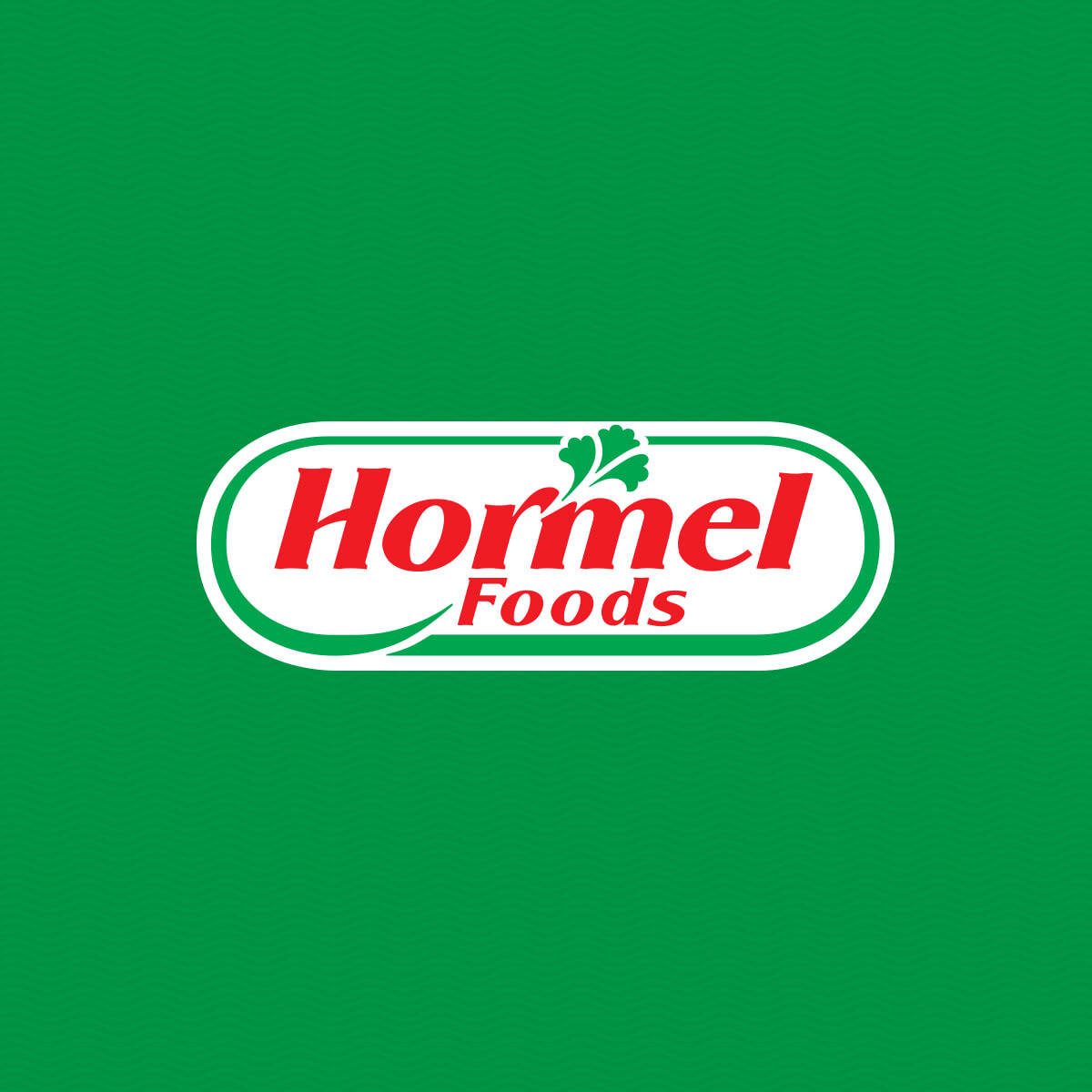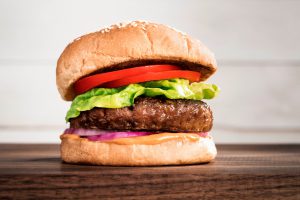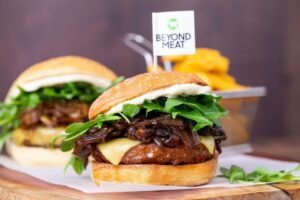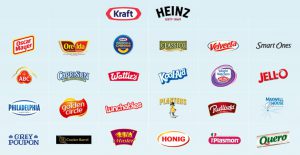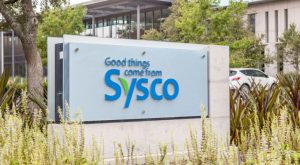Hormel Foods (NYSE:HRL), the maker of Spam, Jennie-O, Skippy, and other packaged foods, generally isn’t considered a high-growth investment. But over the past decade, Hormel’s stock has rallied nearly 370%, buoyed by its slow and steady growth, and crushed the S&P 500‘s 190% gain.
Hormel has also stayed resilient over the past 12 months, advancing more than 20% as the COVID-19 crisis sparked aggressive purchases of packaged foods and other essentials. However, the stock is now trading near its all-time highs, and it doesn’t look cheap at nearly 30 times forward earnings.
Does Hormel’s reputation as a defensive stock justify that premium valuation, or should investors avoid it and stick with cheaper packaged-food plays like General Mills (NYSE:GIS) or Kraft Heinz (NASDAQ:KHC) instead?
IMAGE SOURCE: GETTY IMAGES.
How fast is Hormel growing?
Hormel splits its business into four segments: Refrigerated Products (55% of its sales in fiscal 2019), Grocery Products (25%), Jennie-O Turkey Store (14%), and International and Other Products (6%).
Hormel’s organic sales rose 1% in fiscal 2019, which ended last October, as its growth in refrigerated and grocery products offset declining sales of its Jennie-O and international products. Its full-year earnings per share (EPS) dipped 3%.
IMAGE SOURCE: GETTY IMAGES.
Hormel posted strong sales of its value-added meat products, including the Black Label, Bacon 1, Fire Braised, Natural Choice, and Applegate brands, throughout the year, and Spam posted its fifth straight year of record sales. The ongoing expansion of those value-added products, which generate more dollars per pound of meat, enabled Hormel to grow its organic sales even as its organic volume (measured in pounds) stayed flat for the full year.
Its MegaMex, Herdez, Wholly, and Dinty Moore brands continued growing, but some of that growth was offset by declining sales of Skippy peanut butter, which faced pricing pressure and tough competition, and Jennie-O, which faced a supply glut and two lean-turkey recalls during the year. It also struggled overseas, as the African swine fever in China, tariffs, and other macro headwinds offset the long-term growth of its Chinese business.
But in the first half of fiscal 2020, Hormel’s organic sales and volumes both grew nearly 5%, with annual growth across all four segments. Much of that growth can be attributed to bigger purchases of packaged foods during the COVID-19 pandemic. Yet that growth is a double-edged sword: Higher safety expenses, bigger bonuses for workers throughout the crisis, and farming supply chain disruptions all reduced its EPS 10% year over year.
Does Hormel deserve a premium valuation?
Hormel withdrew its full-year guidance due to COVID-19, but analysts expect its revenue to rise 3% and its earnings to dip 5%. Hormel’s earnings are expected to rise 10% next year, but its stock trades at a premium to that growth, especially when compared with industry peers like General Mills and Kraft Heinz:
